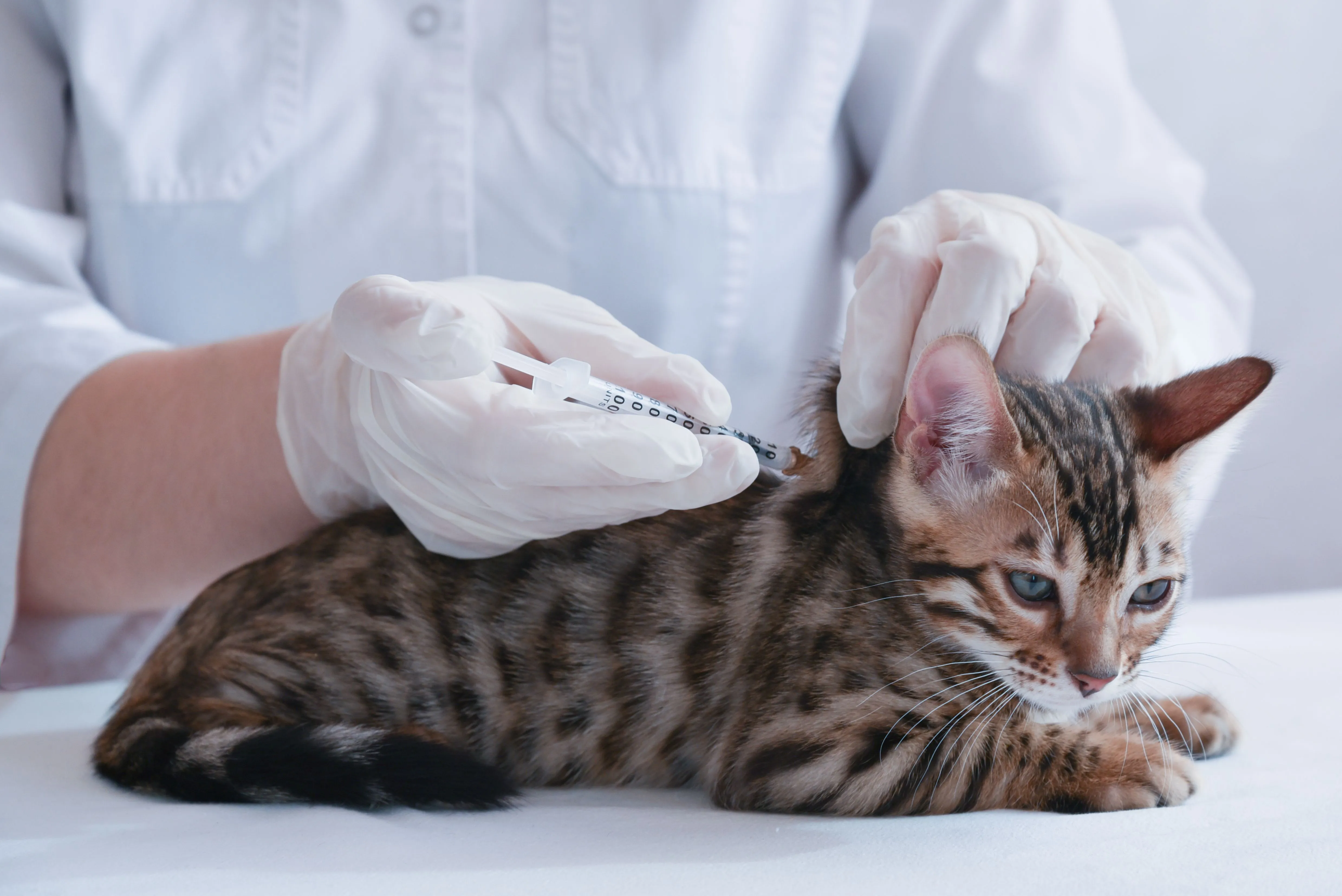Veterinary Medicine: The New Vaccine Against Feline Leukemia Virus

Expanding Veterinary Medicine: NOBIVAC NXT FeLV Vaccine
Merck Animal Health has announced the expansion of its USDA-approved NOBIVAC NXT vaccination platform to include the groundbreaking NOBIVAC NXT FeLV vaccine, offering protection against feline leukemia virus (FeLV)—one of the most common and dangerous infectious diseases affecting cats.
Innovative Vaccine Technology
This nonadjuvanted, low volume 0.5 mL vaccine harnesses the immune system’s natural strengths and will be available for cats aged 8 weeks and older, expected to reach veterinary clinics nationwide by fall 2024. As Ian Tarpey, PhD, vice president of research and development at Merck Animal Health, stated, “We are proud to extend our RNA-particle technology with a vaccine that protects against one of the most persistent threats to our feline patients.”
Understanding Feline Leukemia Virus
FeLV is a retrovirus that can potentially integrate into a cat's genome, making it particularly dangerous. The virus spreads through mutual grooming and close contact with infected cats, posing a significant health risk, especially to kittens who have immature immune systems.
- Abortive infections: 20-30% of cats exhibit effective immune responses and develop antibodies without showing symptoms.
- Regressive infections: 30-40% of cats experience partial immune responses, incorporating the virus into their genome, but remain asymptomatic.
- Progressive infections: 30-40% develop serious health issues and continuous viral replication, making them contagious to others.
According to Meg Conlon, DVM, “Nearly 4% of cats in North America alone are affected by this disease.” This highlights the critical role of education and vaccination in safeguarding feline health.
Conclusion: A Bright Future for Feline Health
With the introduction of NOBIVAC NXT FeLV, Merck Animal Health continues its long-standing commitment to veterinary medicine innovation. This vaccine could significantly enhance the health and longevity of cats across the country.
Disclaimer: The information provided on this site is for informational purposes only and is not intended as medical advice. We are not responsible for any actions taken based on the content of this site. Always consult a qualified healthcare provider for medical advice, diagnosis, and treatment. We source our news from reputable sources and provide links to the original articles. We do not endorse or assume responsibility for the accuracy of the information contained in external sources.
This article was prepared using information from open sources in accordance with the principles of Ethical Policy. The editorial team is not responsible for absolute accuracy, as it relies on data from the sources referenced.